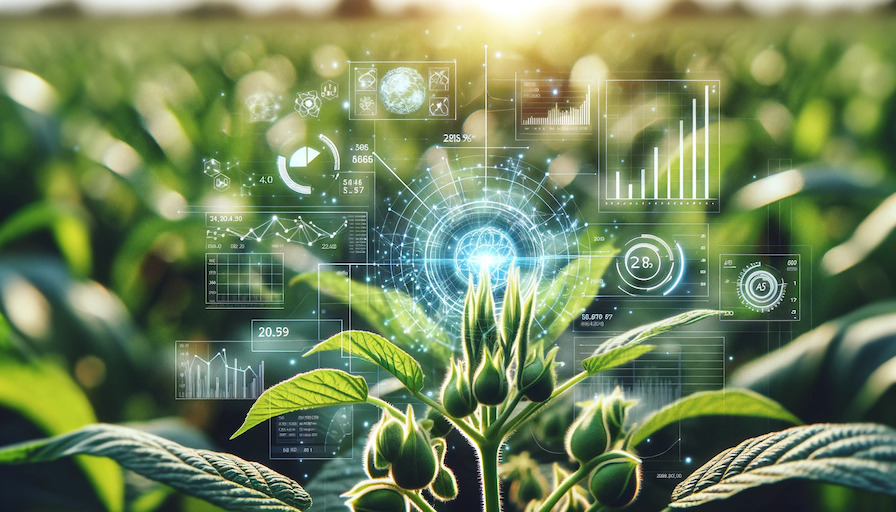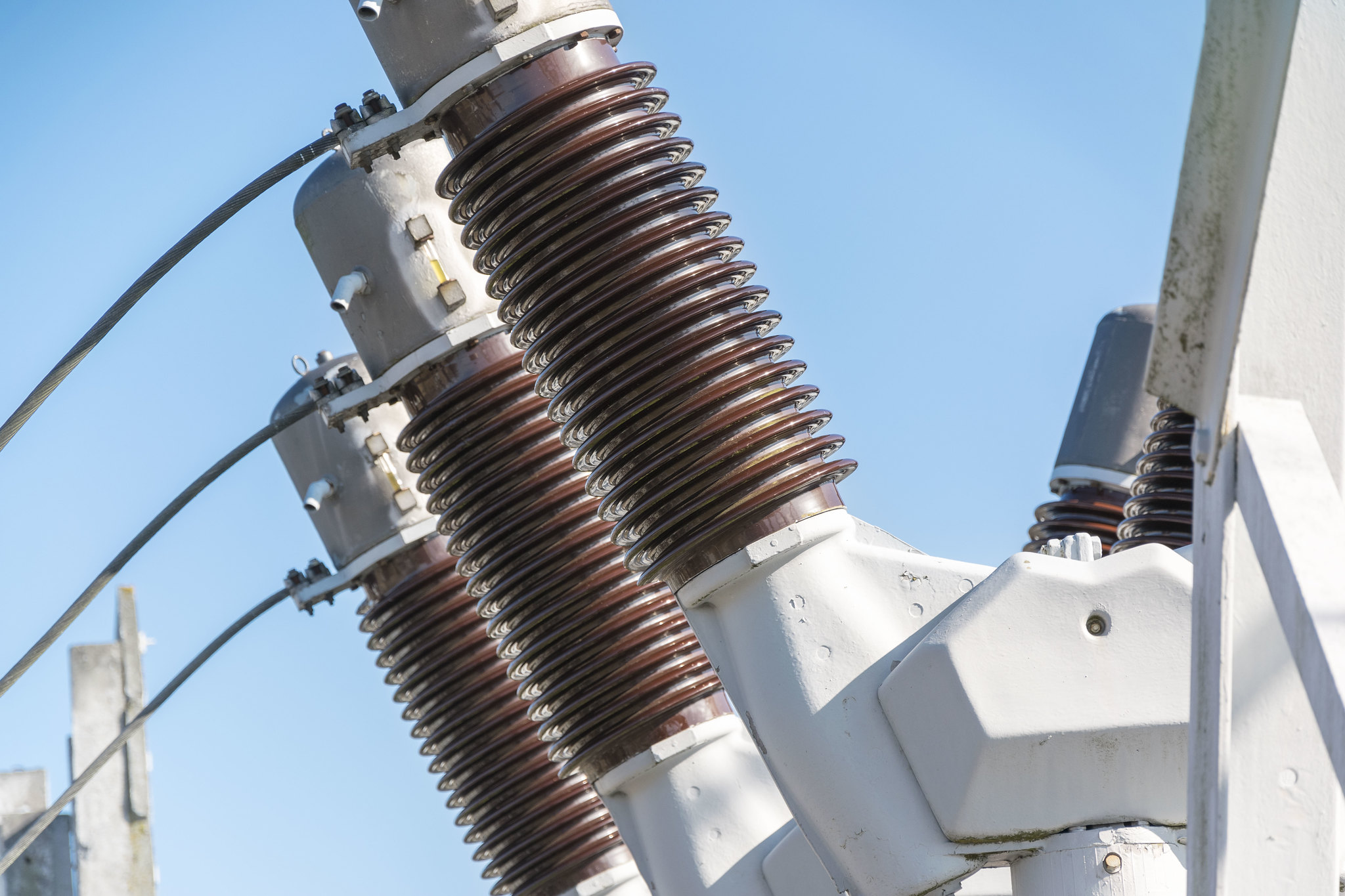Jan31

In an era where climate change looms large, a silent yet significant player in the quest for sustainability is often overlooked: agricultural data. My engaging discussion with Davide Ceper, CEO of Varda, on the Climate Confident Podcast, shone a light on this crucial aspect, delving into how data sharing in agriculture is not just a technological advancement, but a beacon of hope for biodiversity and environmental preservation.
Agriculture, while being a life-sustaining industry, is also a major contributor to global greenhouse gas emissions. It's a diverse and sprawling sector, deeply interwoven with the fabric of our ecosystem. Here lies an untapped potential – using data to transform agriculture into a force for ecological balance and biodiversity conservation.
Varda's initiatives such as Field Id and SoilHive exemplify this potential. Field ID's approach to standardizing field identification simplifies data sharing, enabling more informed and sustainable farming practices. Soil Hive, focusing on the health of the soil, plays a critical role in preserving biodiversity. Healthy soils are a foundation of diverse ecosystems, supporting varied plant and animal life, crucial for ecological balance.
The urgency of integrating biodiversity into agricultural practices is underscored by alarming statistics from the United Nations: approximately 75% of the world's food is generated from only 12 plants and five animal species, highlighting a dire lack of biodiversity. Diverse ecosystems are more resilient and productive, thus enhancing biodiversity in agriculture not only supports our environment but also ensures long-term food security.
Data-driven agriculture can lead to precision farming, where resources are used judiciously, reducing the overuse of fertilizers and pesticides, which are harmful to the diverse species that sustain our ecosystems. By mapping and understanding the intricate patterns of land use, crop rotation, and local ecosystems, farmers can adopt practices that support biodiversity, such as planting cover crops and creating habitat corridors.
In our podcast episode, Davide Ceper articulately unpacks how Varda’s work is pivotal in this data revolution in agriculture. However, this is just scratching the surface. The full potential of agricultural data sharing extends to enhancing biodiversity and building a far more resilient agricultural ecosystem.
If this intersection of technology, agriculture, and biodiversity sparks your interest, I urge you to listen to the full episode of the Climate Confident Podcast. It’s not just an exploration of agricultural innovation but a deep dive into the future of farming in harmony with nature.
Let's not forget, the path to a sustainable and biodiverse future is a collective journey. Every bit of data we harness in agriculture takes us a step closer to a world where farming is synonymous with nurturing biodiversity.
Together, let’s sow the seeds for a future where agriculture and biodiversity thrive in unison.
By Tom Raftery
Keywords: Big Data, Climate Change, Sustainability
 The Architectures of Permanence: A Comparative Analysis of the "Big Three" AI Strategies (2026)
The Architectures of Permanence: A Comparative Analysis of the "Big Three" AI Strategies (2026) Friday’s Change Reflection Quote - Leadership of Change - Change Leaders Enable Generational Advancement
Friday’s Change Reflection Quote - Leadership of Change - Change Leaders Enable Generational Advancement The Corix Partners Friday Reading List - February 27, 2026
The Corix Partners Friday Reading List - February 27, 2026 What Leaders Should Be Losing Sleep Over (But Aren’t)
What Leaders Should Be Losing Sleep Over (But Aren’t) Energy System Resilience: Lessons Europe Must Learn from Ukraine
Energy System Resilience: Lessons Europe Must Learn from Ukraine